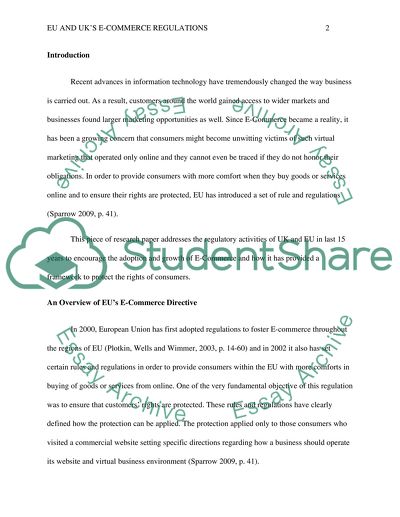Cite this document
(“Uk and Eu have created a legal and regulatory system that encourages Essay”, n.d.)
Retrieved from https://studentshare.org/environmental-studies/1411361-uk-and-eu-have-created-a-legal-and-regulatory
Retrieved from https://studentshare.org/environmental-studies/1411361-uk-and-eu-have-created-a-legal-and-regulatory
(Uk and Eu Have Created a Legal and Regulatory System That Encourages Essay)
https://studentshare.org/environmental-studies/1411361-uk-and-eu-have-created-a-legal-and-regulatory.
https://studentshare.org/environmental-studies/1411361-uk-and-eu-have-created-a-legal-and-regulatory.
“Uk and Eu Have Created a Legal and Regulatory System That Encourages Essay”, n.d. https://studentshare.org/environmental-studies/1411361-uk-and-eu-have-created-a-legal-and-regulatory.


